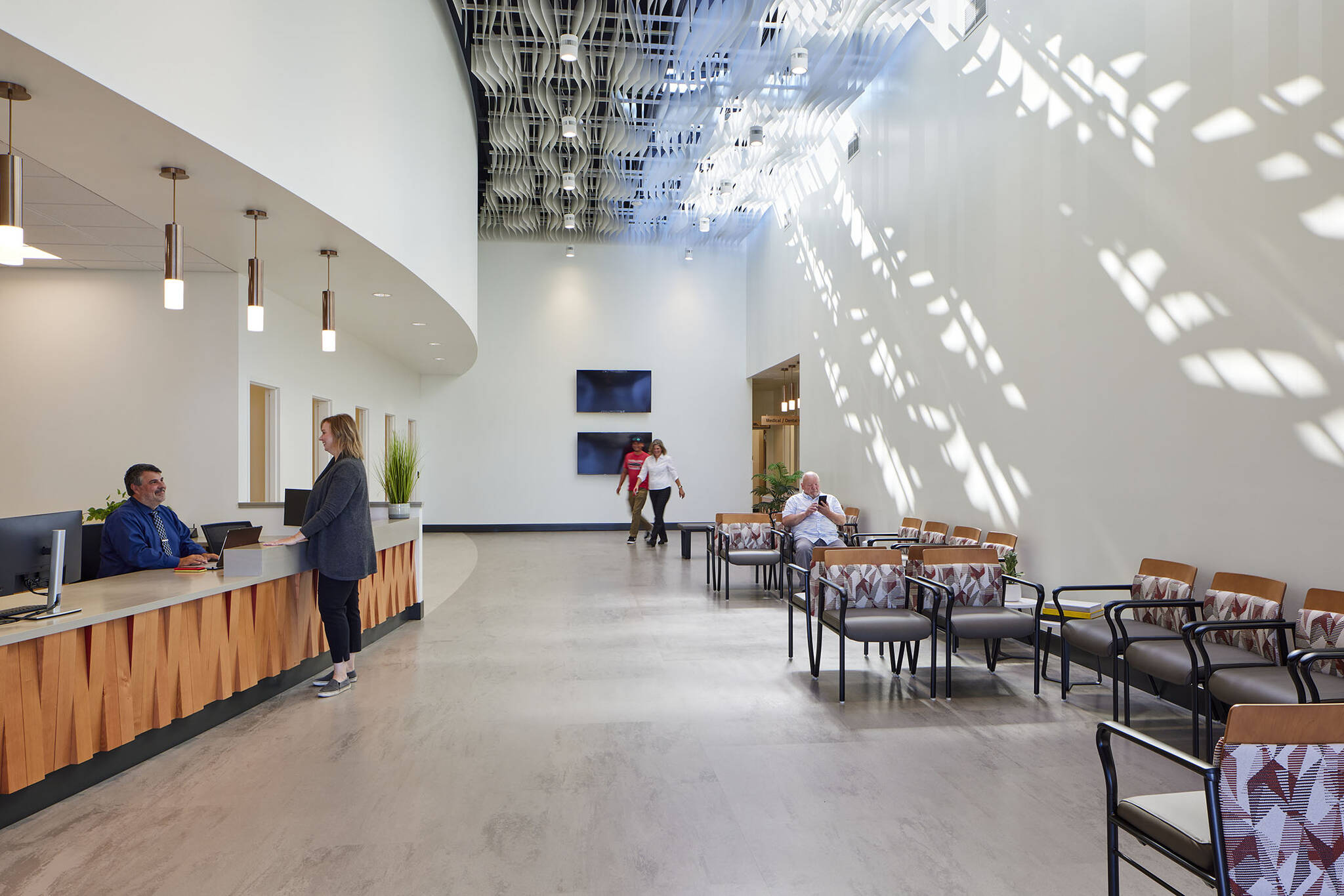As the Quinault Wellness Center enters its second year in operation and continues to change the landscape for addiction and mental health services on Grays Harbor, the drug treatment center will partner with Grays Harbor County Therapeutic Court to treat participants working through the program.
The Grays Harbor County Board of Commissioners on Tuesday approved a $15,000 contract with Quinault Wellness, which will allow the center in Aberdeen to serve up to 60 participants in 2024 with substance use and mental health disorder treatment.
Those programs are requirements for participants of therapeutic court, or drug court, said Jamie Wintrip, therapeutic court coordinator for Grays Harbor County. The court — an alternative to serving a jail sentence for people who commit crimes with a nexus to substance use — administers sobriety regimens for participants but does not provide medical treatments.
The drug court currently has 34 participants, plus four in family recovery court.
“Quinault Wellness offers essentially all of the services that we have kind of piecemealed over the last several years in one location under one roof,” Wintrip said. “They do substance use treatment, they do mental health counseling, they have medication assisted treatment there. They have medical, they have dental, so basically all the things we require participants to do.”
Wintrip added the Quinault center has childcare services, eliminating a previous barrier for some participants.
The county for the last several years has contracted with Sea Mar to provide behavioral health treatment, but this year there was an uptick in the number of applicants for the contract, and the court chose Quinault Wellness Center after a series of interviews, Wintrip said.
The Quinault Indian Nation devoted $20 million to construct the 19,000-square-foot facility in Aberdeen, and it opened in October 2022. Since then, the center, which is open to both tribal and non-tribal people, has admitted 250 patients for addiction treatment, and sees between 100 and 120 walk-in patients each month, said Quinault Wellness Center COO Jason Halstead.
To be treated at the center patients must have a substance use disorder. The Quinault Wellness Center uses a “biopsychosocial” model of care, which focuses on the overlap between physical, mental and environmental or social factors that affect well-being. Halstead said drug court patients will have access to the same umbrella of treatments as the public, including individual meetings with counselors — many of whom have prior experience working with drug courts — and medication-assisted care.
Halstead said Quinault Wellness Center’s focus will be to provide holistic care for drug court participants.
“For a court their focus is on reduction in recidivism for crime,” he said. “Our goal is still treatment of the whole person when they walk through the door.”
Quinault Wellness Center will also provide substance use assessments for the court to determine if offenders are eligible for drug court, as well as drug tests.
The $15,000 contract is about one-fifth of the price that the therapeutic court has spent on contracting behavioral health services in previous years, Wintrip said.
“We’re just really looking to break even,” Halstead said. “Our thought is that if we can keep those additional revenues with the court system, that’s more support that patients will get through the court system, and potentially more clients the court system can help. We’re just really looking to partner with them to be able to treat as many patients as we possibly can.”
Contact reporter Clayton Franke at 406-552-3917 or clayton.franke@thedailyworld.com.



